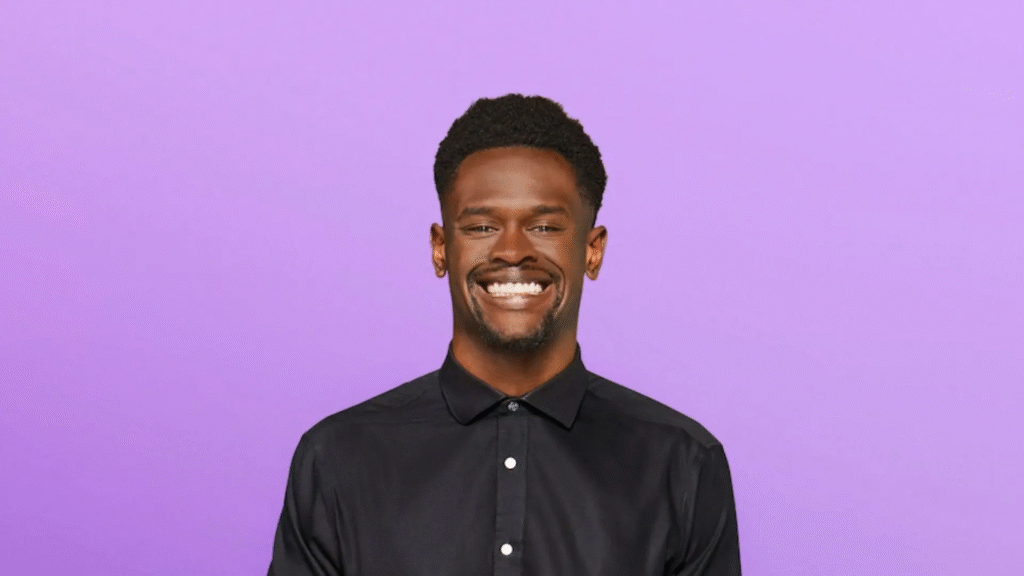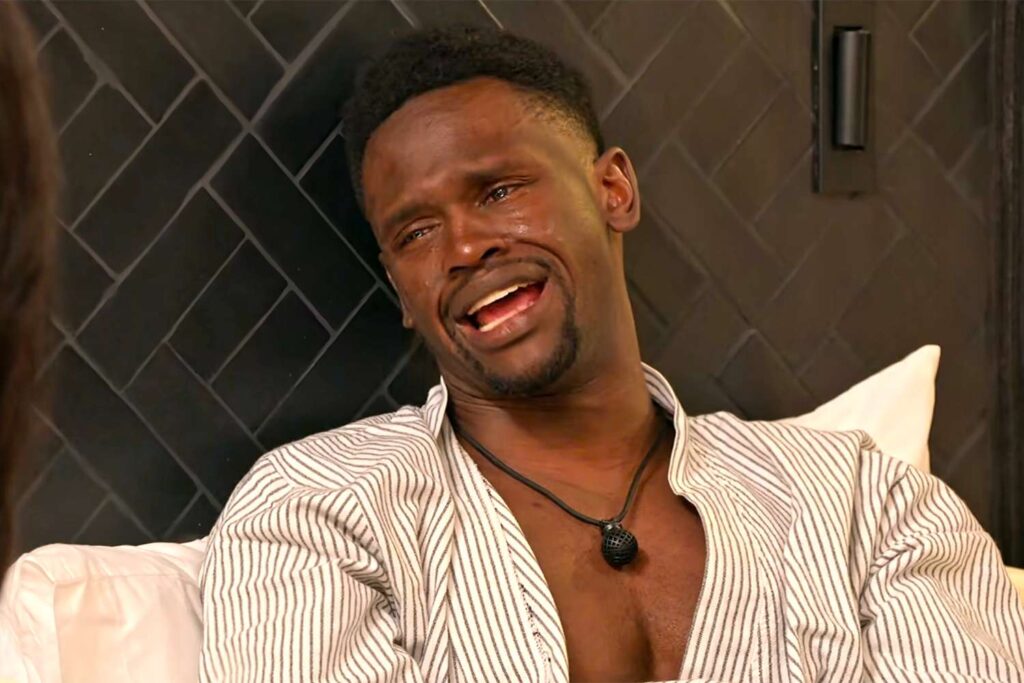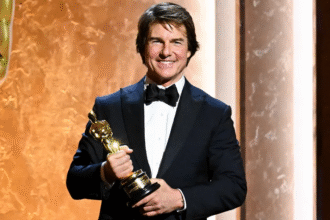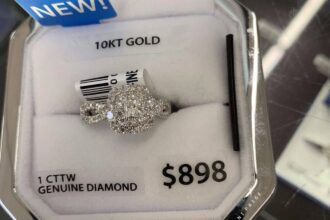Love Is Blind first hit our screens in February 2020, right as the world was heading into lockdown. It quickly became one of Netflix’s most-watched shows in the United States, and for good reason. The concept was fresh, the drama was addictive, and the idea that love could bloom without seeing each other felt oddly comforting at a time when no one could meet in person.

According to the show’s Wikipedia page, across all its global franchises, 120 couples have made it to the altar. Out of those, 48 actually said “I do.” As of August 2025, 27 of those couples are still together. That might sound like a success story, but when you look closer, it really isn’t.
The ethics of putting people in such high-pressure situations deserve more scrutiny. The show’s timeline turns love into a literal race to the altar. Producers love to call it an “experiment,” which is a neat way of sidestepping accountability when things go wrong. But when almost half the couples who marry on camera end up divorced, it raises questions about just how far entertainment should go in meddling with people’s emotions.
Season 9 of Love Is Blind US premiered on October 1, 2025, and as usual, the discourse started immediately. One name dominated almost every conversation: Edmond, 27. His behavior on the show has been described (to put it mildly) as childlike.

There’s one particularly messy edit where Kalybriah, his match, is in her confessional listing all of his redeeming qualities. While her voice plays, the producers overlay footage of Edmond spinning on the floor like a toddler. It’s the kind of chaotic editing choice that makes you laugh first and then realize how cruel it actually is.
Now, this isn’t to excuse Edmond’s behavior. The infamous crying scene will live rent-free in our minds for a while — though with the way our attention spans work, maybe not for long. But it does beg the question: how did Edmond make it through the screening process? There’s supposedly a mental health evaluation before contestants are cleared for the show. Did his red flags only start waving mid-filming, or did producers see them and decide they’d make good television?

Either way, it feels exploitative. Here’s a man who clearly needed emotional support, and instead he was placed in a high-stress, high-surveillance environment for entertainment, where he not only made mockery of himself, but wasted Kalybriah’s time. I’m sorry, I don’t think they’re still together
When love is blind, but corporations have cutting-edge surveillance technology and a massive platform, what are we really watching — an experiment in human connection, or a study in corporate manipulation?
What do you think?







